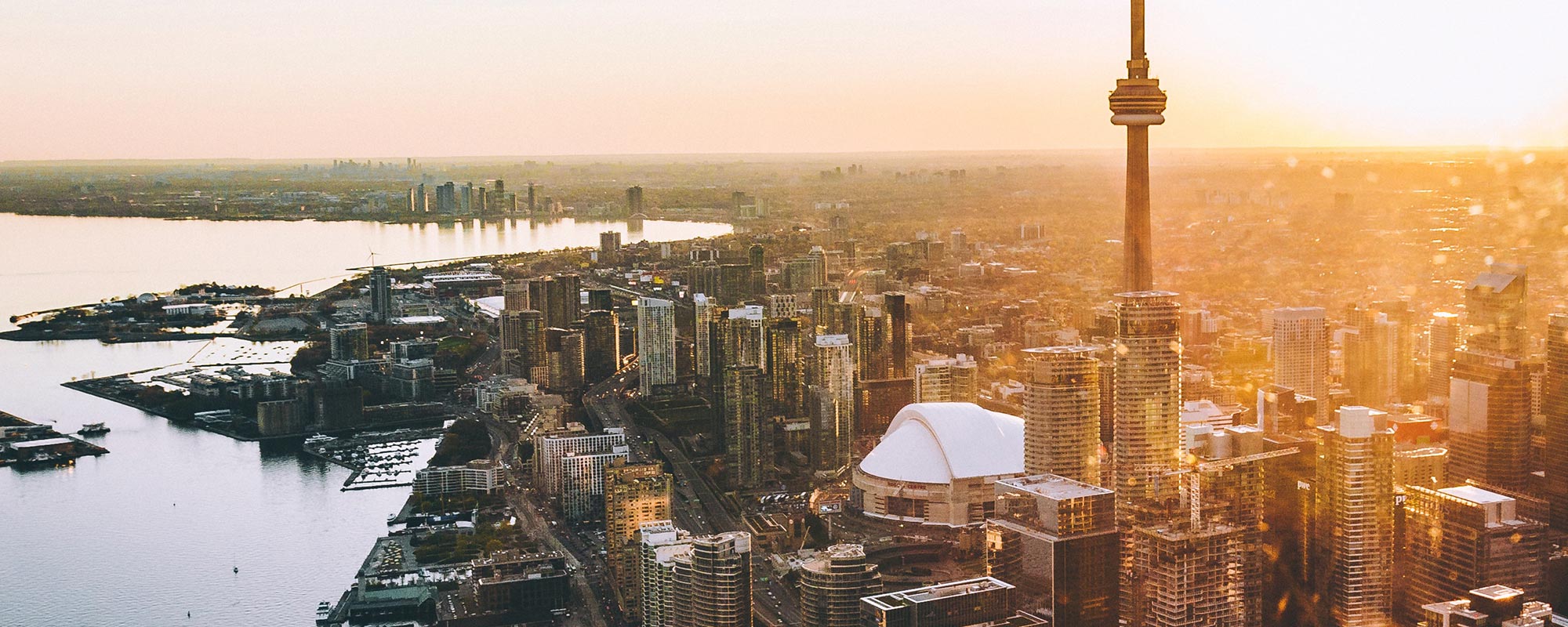TORONTO — The Canadian Civil Liberties Association (CCLA) is urging the Legislative Assembly of Ontario to protect the rights of people with addictions to access vital health services in the province.
At a time where the opioid crisis reportedly killed more than 2,500 people in Ontario last year, elected officials need to show compassion and respect for vulnerable people’s rights to life, liberty and security. Bill 223, tabled on November 18, 2024 by the Ontario government, is a step in the wrong direction.
This bill prohibits the establishment or operation of a safe injection site at locations less than 200 metres from a school, childcare or family centre, and any other premises that might be prescribed by future regulations. This change reportedly means that 10 of the province’s existing 23 sites will have to close in the near future.
Under Bill 223, the Ontario government also plans to require provincial preapproval of any municipal application to Health Canada seeking the authorization to operate a supervised consumption site, as well as any request for federal funding. Ontario’s Health Minister has reportedly stated that she would not approve any new application, following the tabling of this bill.
“Any restriction on the operation of safe injection sites near specific types of locations needs to be assessed on a case-by-case basis. The Ontario government’s proposal goes much further than necessary and effectively endangers vulnerable and marginalized community members’ right to receive vital health services,” says Anaïs Bussières McNicoll, Director of the Fundamental Freedoms Program at the Canadian Civil Liberties Association.
“The Supreme Court of Canada has recognized that addiction is a disease, and that preventing people with addictions from accessing health services offered through safe injection sites threatens their health and indeed their lives.”
“Blocking a municipality from being able to directly seek federal funding or to apply to Health Canada to establish or operate a supervised consumption site directly impacts the rights to life, liberty and security of the person for people with addictions,” she concluded.
For more than a decade, CCLA has been advocating for the right of people with addiction to access vital health services. In 2011, we intervened at the Supreme Court of Canada in the now seminal case Canada (Attorney General) v. PHS Community Services Society. We are speaking up again today to defend the health and the lives of some of the most vulnerable members of our society.
About the Canadian Civil Liberties Association
The CCLA is an independent, non-profit organization with supporters from across the country. Founded in 1964, the CCLA is a national human rights organization committed to defending the rights, dignity, safety, and freedoms of all people in Canada.
For the Media
For further comments, please contact us at media@ccla.org.





